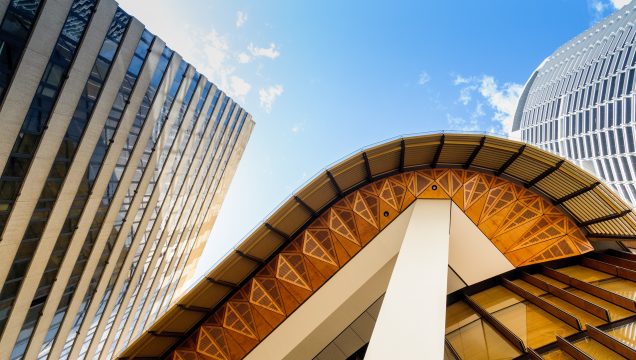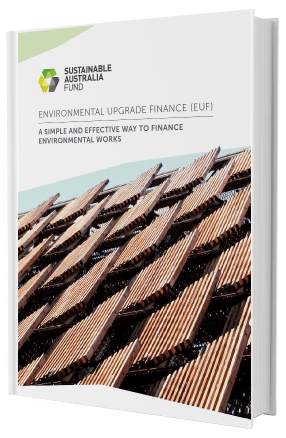How to maximise sales with compliant VEEC projects: Our best practice tips
The Victorian Energy Upgrades (VEU) program is an initiative established by the Victorian State Government. The scheme aims to promote energy efficiency by encouraging households, businesses, and indu..




